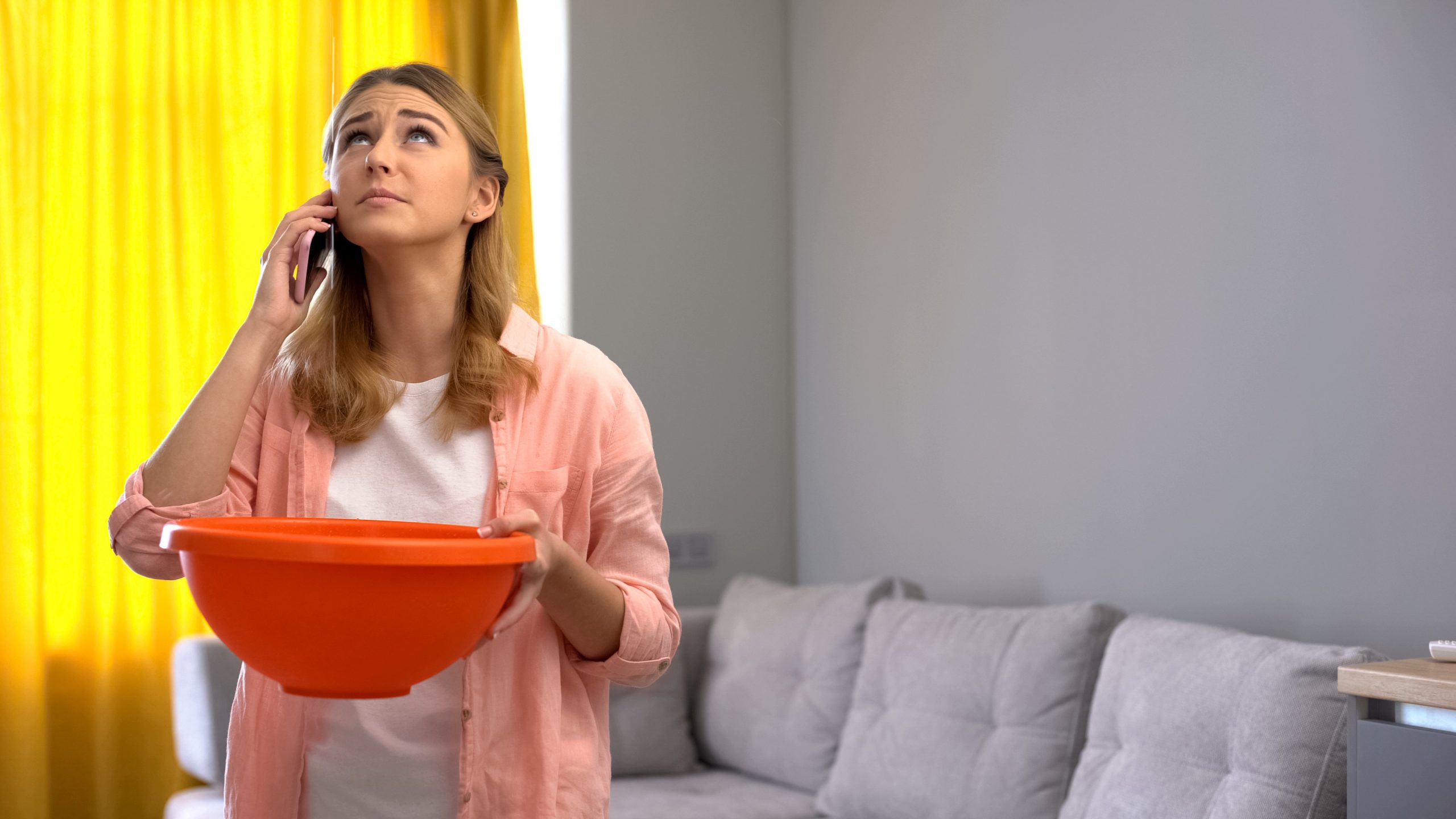Just how to Examine If Your Residence Has a Surprise Leakage
Just how to Examine If Your Residence Has a Surprise Leakage
Blog Article
This article down below on the subject of Locating water leaks is seriously stimulating. Read on and draw your own assumptions.

Early discovery of leaking water lines can mitigate a potential catastrophe. Some tiny water leakages may not be noticeable.
1. Examine the Water Meter
Every residence has a water meter. Inspecting it is a surefire manner in which helps you find leakages. For starters, shut off all the water resources. Guarantee no person will flush, make use of the tap, shower, run the washing maker or dish washer. From there, go to the meter and also watch if it will certainly change. Considering that no person is utilizing it, there should be no movements. That shows a fast-moving leakage if it relocates. Likewise, if you spot no changes, wait a hr or 2 and also examine back once more. This indicates you might have a sluggish leak that could even be below ground.
2. Check Water Consumption
If you spot abrupt modifications, despite your intake being the exact same, it indicates that you have leaks in your plumbing system. An unexpected spike in your expense suggests a fast-moving leakage.
A constant rise every month, even with the same habits, shows you have a slow leakage that's also gradually rising. Call a plumber to extensively examine your home, particularly if you feel a warm location on your flooring with piping beneath.
3. Do a Food Coloring Test
30% comes from bathrooms when it comes to water consumption. Examination to see if they are running effectively. Decrease specks of food shade in the tank and also wait 10 minutes. If the color in some way infiltrates your bowl throughout that time without flushing, there's a leak in between the tank and also dish.
4. Asses Outside Lines
Do not fail to remember to check your exterior water lines as well. Should water permeate out of the connection, you have a loose rubber gasket. One small leak can lose lots of water as well as spike your water costs.
5. Evaluate the scenario and check
Homeowners must make it a habit to inspect under the sink counters and also even inside cabinets for any type of bad odor or mold and mildew growth. These two warnings show a leak so timely interest is called for. Doing regular evaluations, even bi-annually, can conserve you from a significant trouble.
More importantly, if you understand your house is currently old, maintain a watchful eye on your heating systems, tubes, pipes etc. Look for stainings as well as compromising as many devices as well as pipelines have a life expectancy. They will also normally degrade due to wear and tear. If you suspect dripping water lines in your plumbing system, don't wait for it to rise. Call an expert plumber immediately so you don't wind up with an awful mess in your house.
Early discovery of leaking water lines can alleviate a potential calamity. Some tiny water leakages may not be noticeable. Inspecting it is a surefire way that helps you find leakages. One little leak can waste heaps of water and increase your water bill.
If you suspect leaking water lines in your plumbing system, don't wait for it to rise.
WARNING SIGNS OF WATER LEAKAGE BEHIND THE WALL
PERSISTENT MUSTY ODORS
As water slowly drips from a leaky pipe inside the wall, flooring and sheetrock stay damp and develop an odor similar to wet cardboard. It generates a musty smell that can help you find hidden leaks.
MOLD IN UNUSUAL AREAS
Mold usually grows in wet areas like kitchens, baths and laundry rooms. If you spot the stuff on walls or baseboards in other rooms of the house, it’s a good indicator of undetected water leaks.
STAINS THAT GROW
When mold thrives around a leaky pipe, it sometimes takes hold on the inside surface of the affected wall. A growing stain on otherwise clean sheetrock is often your sign of a hidden plumbing problem.
PEELING OR BUBBLING WALLPAPER / PAINT
This clue is easy to miss in rooms that don’t get much use. When you see wallpaper separating along seams or paint bubbling or flaking off the wall, blame sheetrock that stays wet because of an undetected leak.
BUCKLED CEILINGS AND STAINED FLOORS
If ceilings or floors in bathrooms, kitchens or laundry areas develop structural problems, don’t rule out constant damp inside the walls. Wet sheetrock can affect adjacent framing, flooring and ceilings.
https://www.servicemasterbyzaba.com/blog/how-to-detect-water-leakage-in-walls/

Do you like more info about Detecting hidden plumbing leaks? Try to leave feedback down the page. We'd be interested to find out your insights about this blog entry. We hope that you come back again soon. Remember to set aside a second to promote this blog if you enjoyed reading it. I truly appreciate reading our article about Detecting hidden plumbing leaks.
Report this page